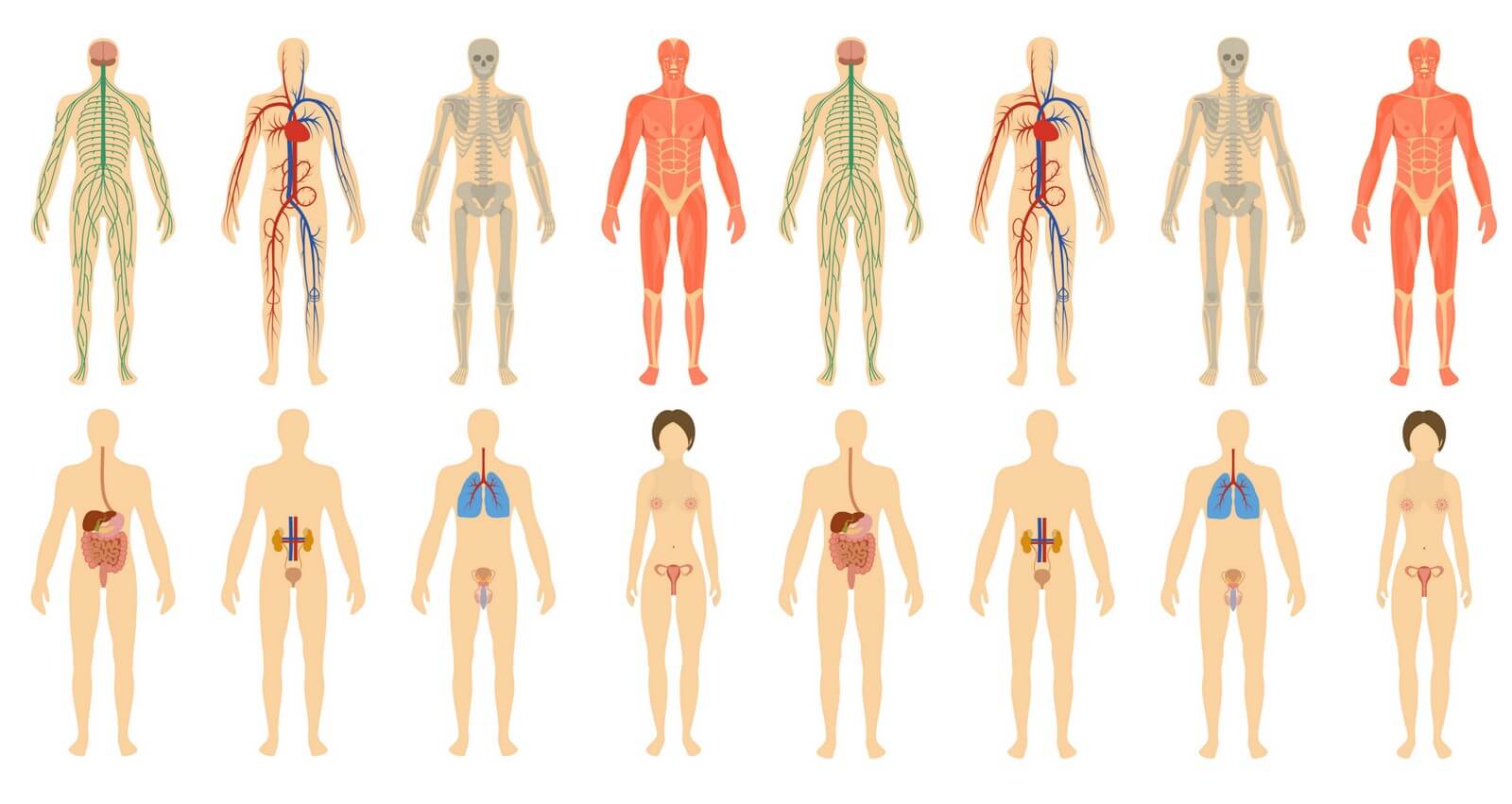If you're eating a higher calorie protein source, stick to smaller portions.
The guidelines also suggest replacing protein foods that are higher in solid fats with choices that are lower in solid fats and calories. The fats in meat, poultry, eggs and high-fat dairy products such as cheese are considered solid fats, while the fats in seafood, nuts and seeds are considered oils. You don't have to go cold turkey. Instead, try easing into meatless meals.
No Meat Diet For 30 Days: Here Is What You Should Expect
Consider going meatless one day a week. If you don't like the idea of a whole day without meat, start with a couple of meatless dinners each week. Plan meals that feature your favorite entrees that are typically meatless, such as lasagna, soup or pasta salad. Or try substituting the following protein-rich foods for meat in your favorite recipes:. When your meals include meat, don't overindulge. Choose lean cuts and avoid oversized portions. A serving of protein should be no more than 3 ounces 85 grams — or about the size of a deck of cards — and should take up no more than one-fourth of your plate.
Vegetables and fruits should cover half your plate. Whole grains make up the rest. The term "flexitarian" has been coined to describe someone who eats mostly plant-based foods, but occasionally eats meat, poultry and fish.
7 Ways to Eat Less Meat, to Lose Weight and Lower Your Risk of Heart Disease
That kind of healthy eating is central to the Mediterranean diet — which limits red meat and emphasizes fruits, vegetables, legumes, whole grains and healthy fats — and has been shown to reduce your risk of heart disease and other chronic conditions. Why not work on your flexibility and start reaping some healthy benefits?
Mayo Clinic does not endorse companies or products. Advertising revenue supports our not-for-profit mission. Any use of this site constitutes your agreement to the Terms and Conditions and Privacy Policy linked below. A single copy of these materials may be reprinted for noncommercial personal use only. This site complies with the HONcode standard for trustworthy health information: verify here. This content does not have an English version. This content does not have an Arabic version. See more conditions. Request Appointment. Healthy Lifestyle Nutrition and healthy eating. Products and services.
- You'll lower your cholesterol..
- lose weight in your thighs and bum?
- will lemon water make you lose weight?
Free E-newsletter Subscribe to Housecall Our general interest e-newsletter keeps you up to date on a wide variety of health topics. Sign up now.
Meatless meals: The benefits of eating less meat You can eat healthfully without spending a lot. By Mayo Clinic Staff. Show references Dietary Guidelines for Americans. Department of Health and Human Services and U. Department of Agriculture. Accessed May 2, Position of the Academy of Nutrition and Dietetics.
Vegetarian Diets. Journal of the Academy of Nutrition and Dietetics. Vary your protein routine.

Micha R, et al. Association between dietary factors and mortality from heart disease, stroke, and type 2 diabetes in the United States. Vegans and vegetarians should be aware of daily zinc recommendations. Adult women should aim for 8 milligrams of zinc per day, while men should aim for 11 milligrams per day. Fortified cereals, yogurt, cashews and oatmeal are some of the vegetarian-friendly foods that can help up your zinc intake. Your gut will love you The microorganisms that live in your body are called your microbiome.
These organisms contribute to proper digestion, a healthy immune system and healthy gut tissue. That means a vegetarian diet may improve your digestive tract health, regulate bowel movements and prevent constipation.
#BeHealthy Preventing Disease With A Vegetarian Lifestyle
What did they find? The people within these communities mostly eat plant-based foods like legumes, tofu and leafy greens, and limit their meat consumption to five or fewer servings per month. Preliminary research presented at a American Heart Association conference supports this, as well. Scientists found eating lots of plant-based foods full of monounsaturated fatty acids—like avocado and nuts—was linked to a reduced chance of dying from heart disease or other causes. Comparatively, diets rich in monounsaturated fatty acids from meat sources—like eggs, full-fat dairy and red meat—were connected to a higher risk of the same.
To reach their conclusions, researchers analyzed data from more than 90, people over an average of 22 years, about 4, of whom died of heart disease.
What Happens When You Stop Eating Meat | Eat This Not That
They also estimated that swapping out animal sources of monounsaturated fatty acids for plant sources could drop your odds of dying from heart disease—or any cause—by about 25 percent. And a study from Loma Linda University showed that vegetarians, despite having the same calorie intake as non-vegetarians, tended to have a lower body mass index than those who ate meat. The study also found that vegans had the lowest percentage of people who were obese, just 9.
Researchers believe these findings are largely due to the difference in nutrients vegetarians, vegans and meat eaters consume.